40 businesses established under poverty alleviation initiativeA programme set up to fight extreme poverty through entrepreneurship has ended Covid-dominated 2020 on a high with a total of 40 businesses now established. Despite the hurdles created by the virus, 32 businesses have been supported during the year through Project Unnati, following on from the 8 enterprises that were set up in late 2019. Many of the recent beneficiaries have been young women, often illiterate and without any prior business experience. They have been helped to set up a variety of enterprises, including tailoring and ironing businesses, and stalls selling popular items, such as shawls and dupattas, cosmetics, hosiery, children’s clothes, vegetables, and snacks. All businesses so far have been started in slum districts of the Indian capital, Delhi. Jonathan Hill, Founder of The Road to Parity, said; “This is fantastic news to end what has been, for so many people, a horribly tough year. I am so proud of our entrepreneurs who can look forward to 2021 with new hope as they gradually leave a life of suffering behind.” “I’d also like to acknowledge our partner in India, Learning Links Foundation, for their ongoing support, particularly the outreach team, who have carefully navigated the evolving Covid restrictions to ensure beneficiaries could begin trading as soon as possible,” Jonathan added. Under Project Unnati, potential beneficiaries are prioritised using a strict points system. At its core is identifying people in extreme poverty – households who have been scraping an existence on around £10 (13 USD), or less, per person, per month. Other factors considered include helping the poorly educated, sole breadwinners supporting large families, the physically and mentally challenged, women, victims of domestic violence, and young men struggling on unstable labouring income while supporting families - effectively trapping them in extreme poverty. Beneficiaries are given a one-time-only grant, which is used, under supervision, to buy the supplies and equipment required to set up a business. Basic guidance is provided on how to get started and progress is reviewed to ensure the business remains on track. The first batch of entrepreneurs was set up in November 2019. The project was named Unnati (meaning progress) after one of the first beneficiaries said she felt her new business would bring prosperity to her family after years of desperate poverty. OTHER 2020 HIGHLIGHTSIn February, The Road to Parity announced it had been granted registered charity status by the Charity Commission for England and Wales. There are different legal structures for a charity. TRTP opted for becoming a Charitable Incorporated Organisation (CIO), which means fewer administration requirements - freeing up more time and money to help the poor. In March, India went into lockdown - the world's largest – as 1.3 billion Indians were asked to stay at home. Project Unnati outreach activity was suspended - and entrepreneurs identified for support - after enduring years in extreme poverty – faced a tortuous wait to start their dream businesses. In June, following the establishment of eight businesses in November 2019, the results of a review were published into how the micro grant-based model was working. It is important to highlight that many beneficiaries are illiterate and have no prior business experience. The findings showed:
The micro grants offer one-off support. It is made clear to beneficiaries that this is a once in a lifetime opportunity to escape extreme poverty and they will not be able to come back for top up funds. In July, once the business model had been shown to work, donation channels were opened in readiness for a charity fund-raising challenge. On 11 July, The Road to Parity’s Founder, Jonathan Hill, got on his mountain bike and began cycling from Land’s End to John O’Groats, combining his passion for cycling with raising money, and the wish to do something positive during Covid. Daily updates on the solo, unsupported trip were posted on Facebook and a total of £2,356 (3,222 USD) was raised, exceeding the £1,500 target. The best images from the 24-day, 932-mile adventure through some of Britain’s most stunning scenery can be seen on our challenge page. The money raised during this challenge has funded many of this year’s entrepreneurs with the remainder to be used in early 2021. In August, Kohinoor’s was among the many beneficiary stories shared throughout the year. Here is the story that was posted on social media, as a reminder of why the charity exists. 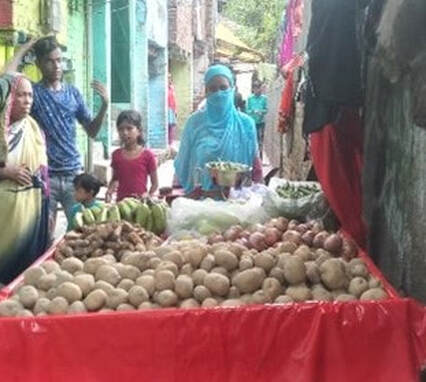 Kohinoor was already in poverty with 4 children when her husband – earning a pittance as a labourer – was killed in a road accident. When her only brother and sister-in-law died through chronic illnesses, she had to take on another 4 children. Kohinoor lives in a Delhi slum, and with her father and mother under the same roof, there were 11 mouths to feed on a domestic helper’s salary. So, you can imagine how much her face lit up when we discovered her and told her about Project Unnati, which we run with our partner in India, Learning Links Foundation. Kohinoor said she’d love to have a vegetable stall. With a grant of 58 pounds (77 USD), we helped get her started; a cart, weighing scales and some stock. Now, Kohinoor buys vegetables from a wholesale market early in the morning – does her domestic helper job during the day – and returns to her business to sell vegetables in the evening. Full of pride, she reports already doubling household income. In November, after a lengthy approval process, The Road to Parity was recognised by the PayPal Giving Fund, enabling eBay sellers to donate a percentage of a sale to the charity. TRTP is also using easyfundraising - which triggers free donations for shopping online, and AmazonSmile – the same products and prices as Amazon - but a small percentage is donated with purchases at no cost to the shopper. 10 MILESTONES
2 Comments
|
AuthorThe Road to Parity Archives
April 2024
|
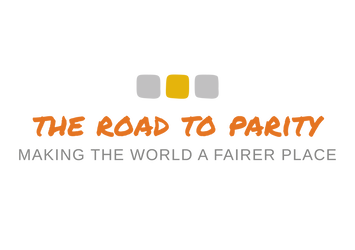
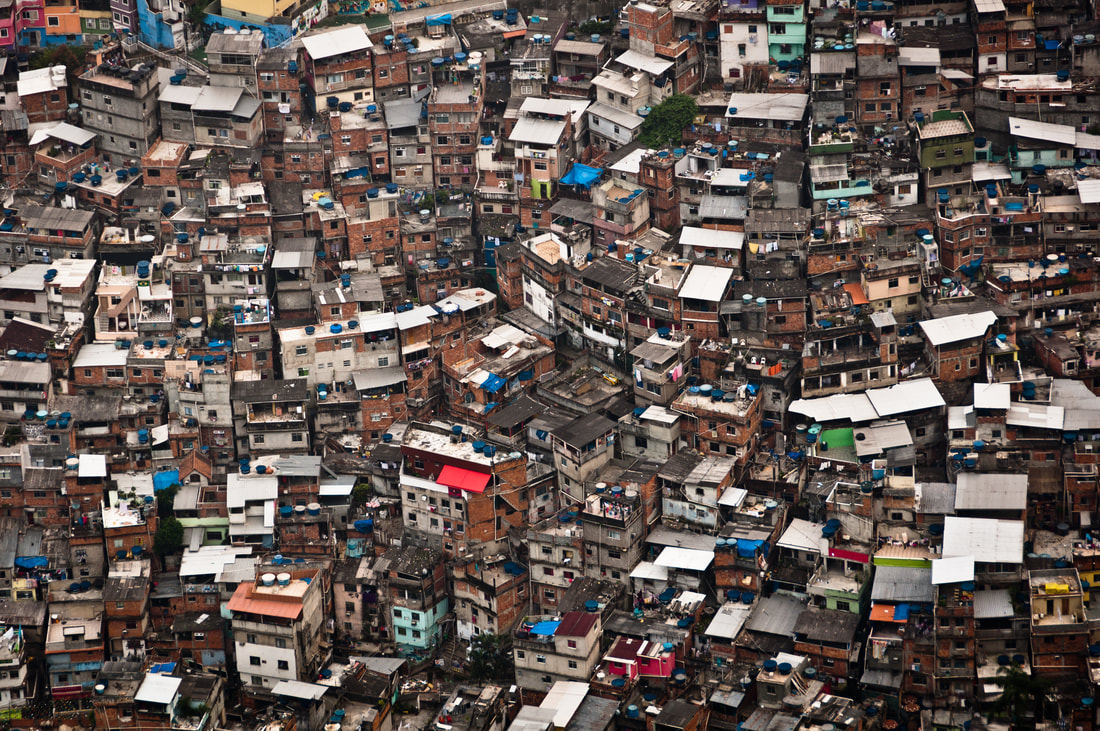
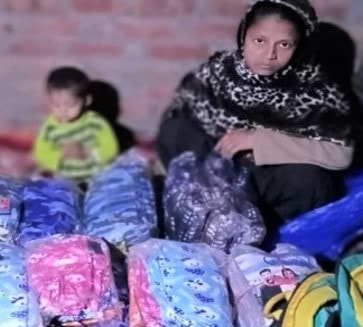
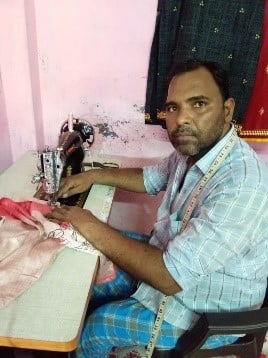
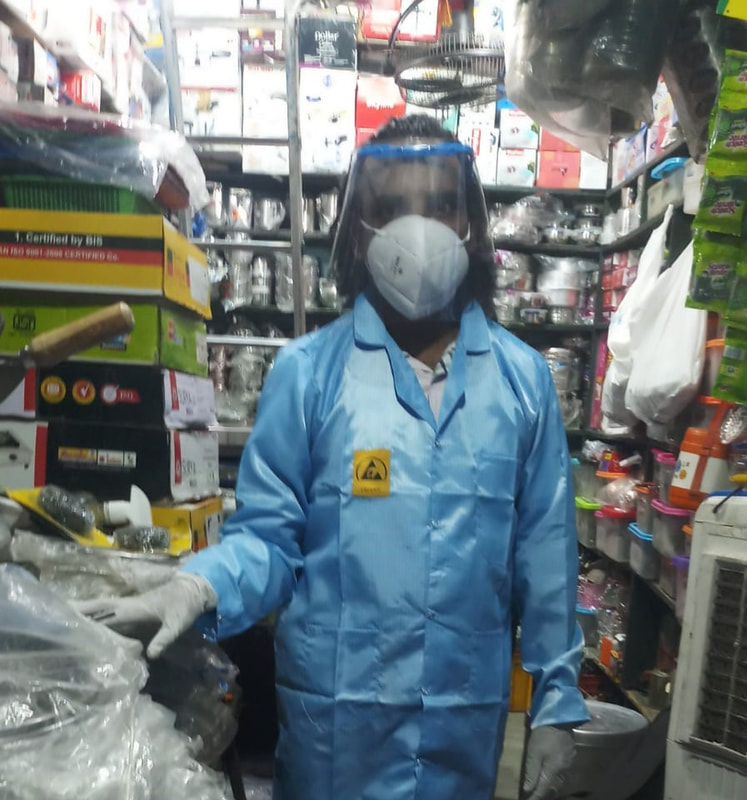
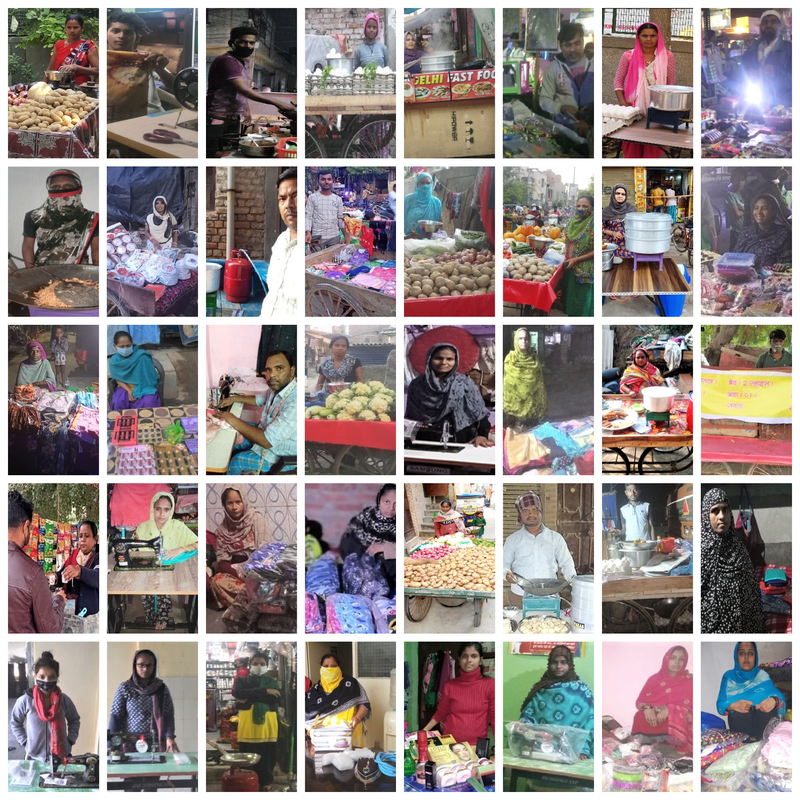
 RSS Feed
RSS Feed